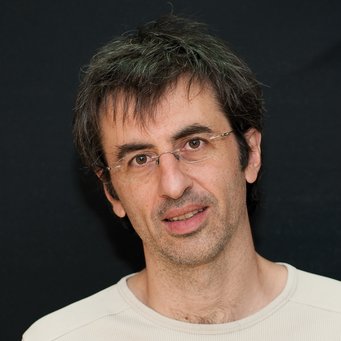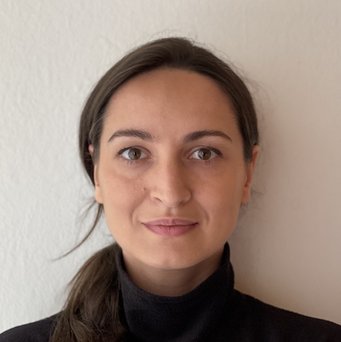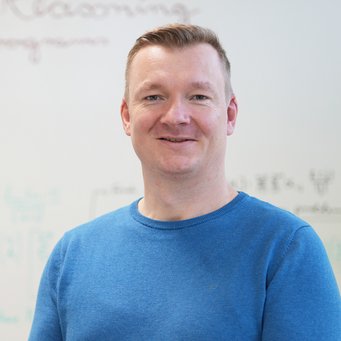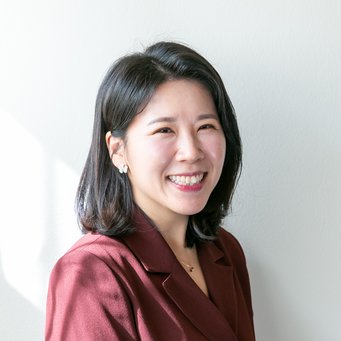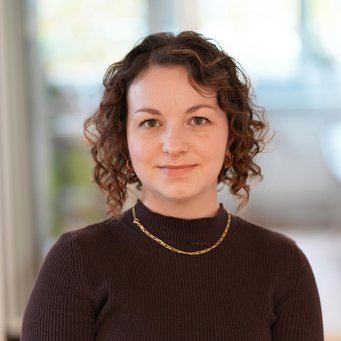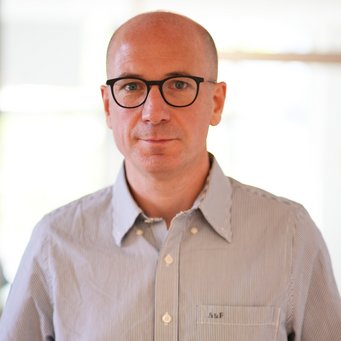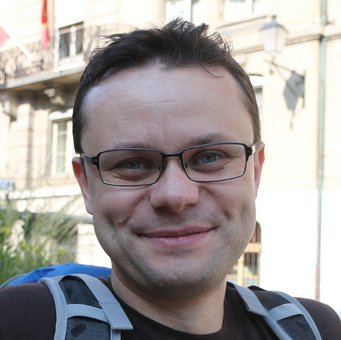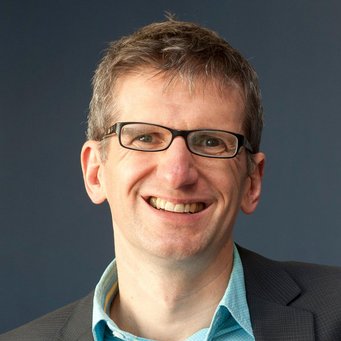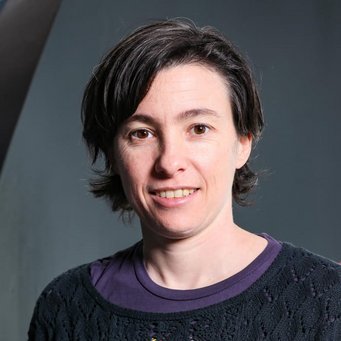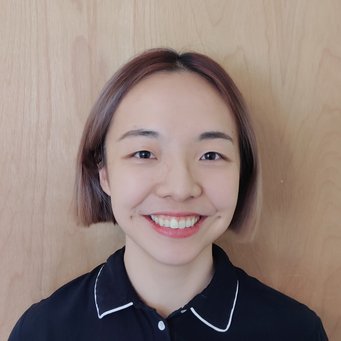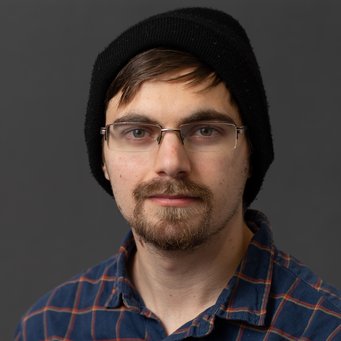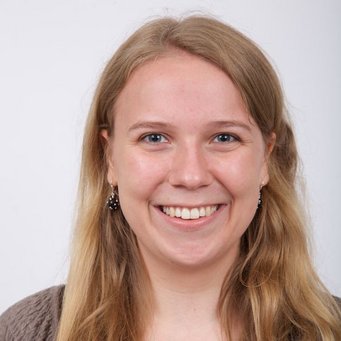Faculty
Gilles Barthe
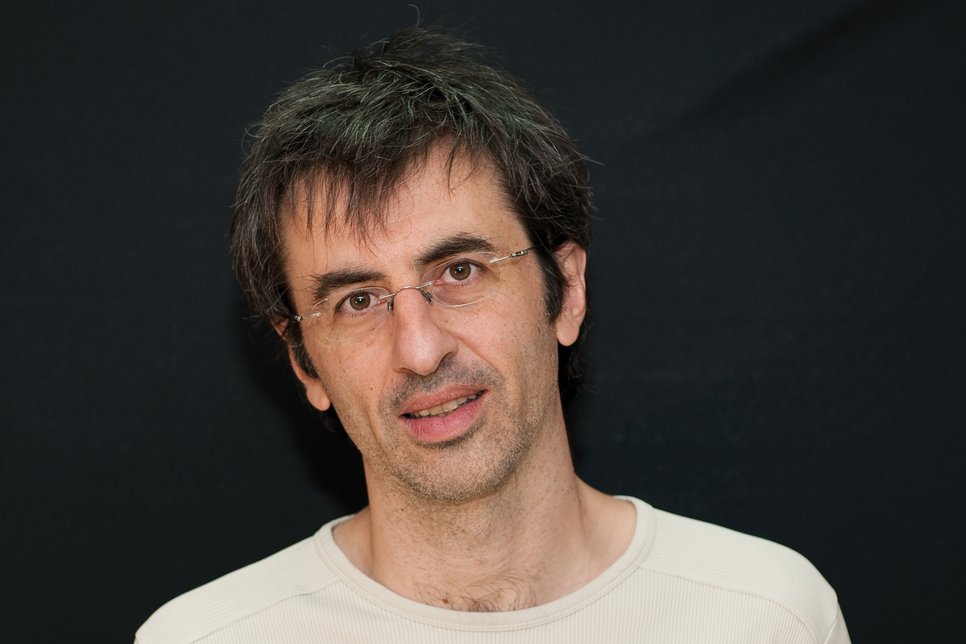
Gilles Barthe is a founding director of MPI-SP. His research interests lie in the areas of programming languages, program verification, software and system security, cryptography, formal methods and logic. His goal is to develop foundations and tools for reasoning about security and privacy properties of algorithms and implementations. His recent work focuses on building relational verification methods for probabilistic programs and on their applications in cryptography and privacy. He is interested in provably secure countermeasures against side-channel attacks. He received a Ph.D. in Mathematics from the University of Manchester, UK, in 1993, and a Habilitation in Computer Science from the University of Nice, France, in 2004.
Asia Biega
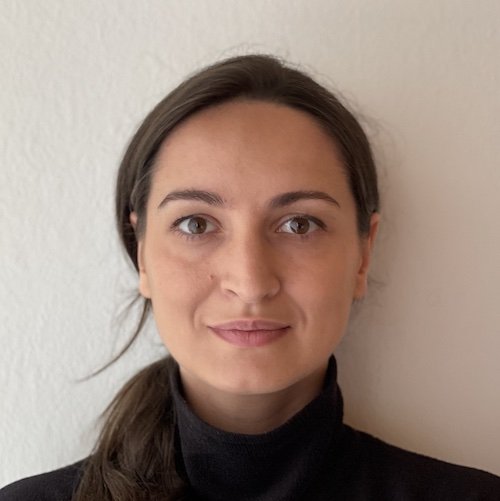
Asia J. Biega is a computer scientist and a tenure-track faculty member (W2) at the Max Planck Institute for Security and Privacy (MPI-SP), where she leads the interdisciplinary Responsible Computing group. In her research, Asia studies questions at the intersection of computing & society, particularly in the context of data-driven systems. She often collaborates with scholars in law, philosophy, and social sciences, draws from her industry experience at Microsoft and Google, and shares her expertise with policymakers, data protection authorities, artists, industry, and NGOs. She has served as an external expert for the European Commission and the General Chair of ACM FAccT 2025, the biggest academic conference focusing on the societal impacts of computing. Her work has been recognized with the Council of Europe’s Rodota Award for innovative research in data protection, SaTML Notable Reviewer Award, the GI-DBIS Dissertation Award of the German Informatics Society, and she has been named one of the "100 Brilliant Women in AI Ethics". Before joining MPI-SP, Asia was a postdoctoral researcher at Microsoft Research Montréal, and before that, she completed her PhD at the MPI for Informatics and the Saarbrücken Graduate School of Computer Science.
Marcel Böhme
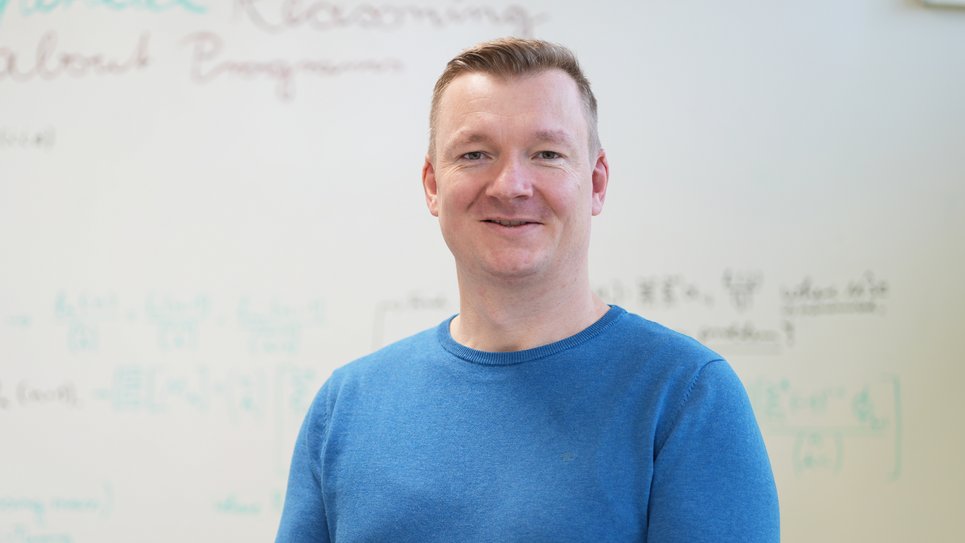
Marcel Böhme is a tenure-track faculty member at the MPI-SP where he leads the Software Security group. His group has made foundational contributions to fuzzing which has become one of the most successful techniques for the automatic discovery of security flaws in practice. The technology developed in his group has been widely deployed in industry where it is continuously squashing security bugs in thousands of security-critical projects on hundreds of thousands of machines. Marcel serves as a Guest EiC and AE of the ACM TOSEM journal and on the steering committees of ASE and ISSTA, two of the largest conferences in his area. He won an ERC Consolidator grant, an NUS Outstanding Computing Alumni Award, an ARC DECRA (Australia's ERC Starting), a Google Faculty Research Award, and several ACM Distinguished Paper awards at the premier publication venues for security and software engineering. Marcel is an adjunct faculty at Monash University, Australia, and received his PhD at the National University of Singapore.
Meeyoung Cha
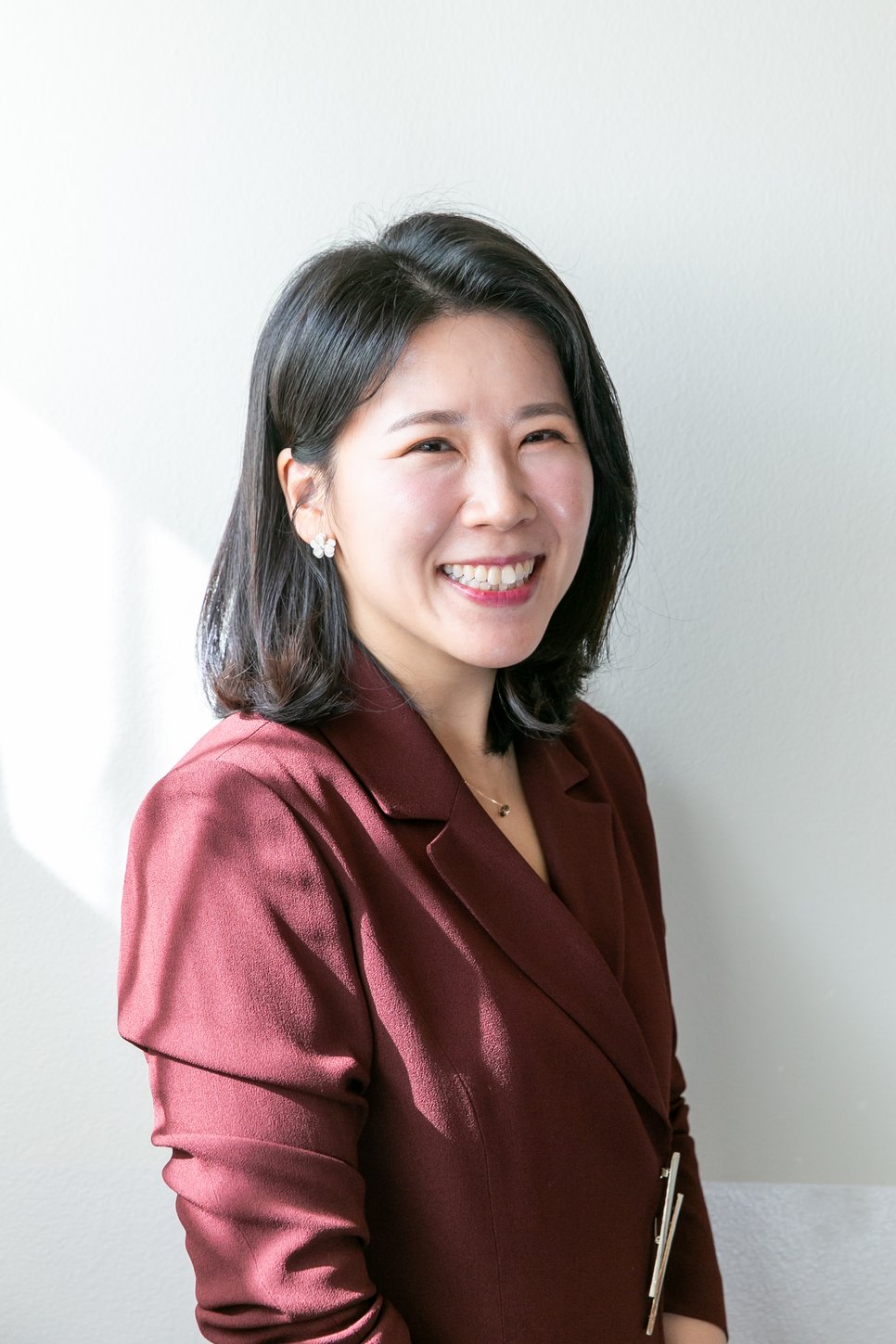
Meeyoung Cha is a Scientific Director of MPI-SP in Bochum, Germany, and holds a joint position as a Professor at the Korea Advanced Institute of Science and Technology (KAIST). Her interests include data science and computational social science, with a focus on understanding social information and human-machine interactions. Meeyoung’s research on misinformation, poverty mapping, fraud detection, and long-tail content has received wide citations and best paper awards. She is the recipient of the Hong Jin-Ki Creator Award (2024), the Korean Young Information Scientist Award (2019), and two Test-of-Time Awards (ACM IMC 2022, AAAI ICWSM 2020). Prior to joining MPI, Meeyoung was a Chief Investigator at the Institute for Basic Science in Korea and a Visiting Professor at Facebook. She received her Ph.D. in Computer Science from KAIST in 2008.
Jana Hofmann
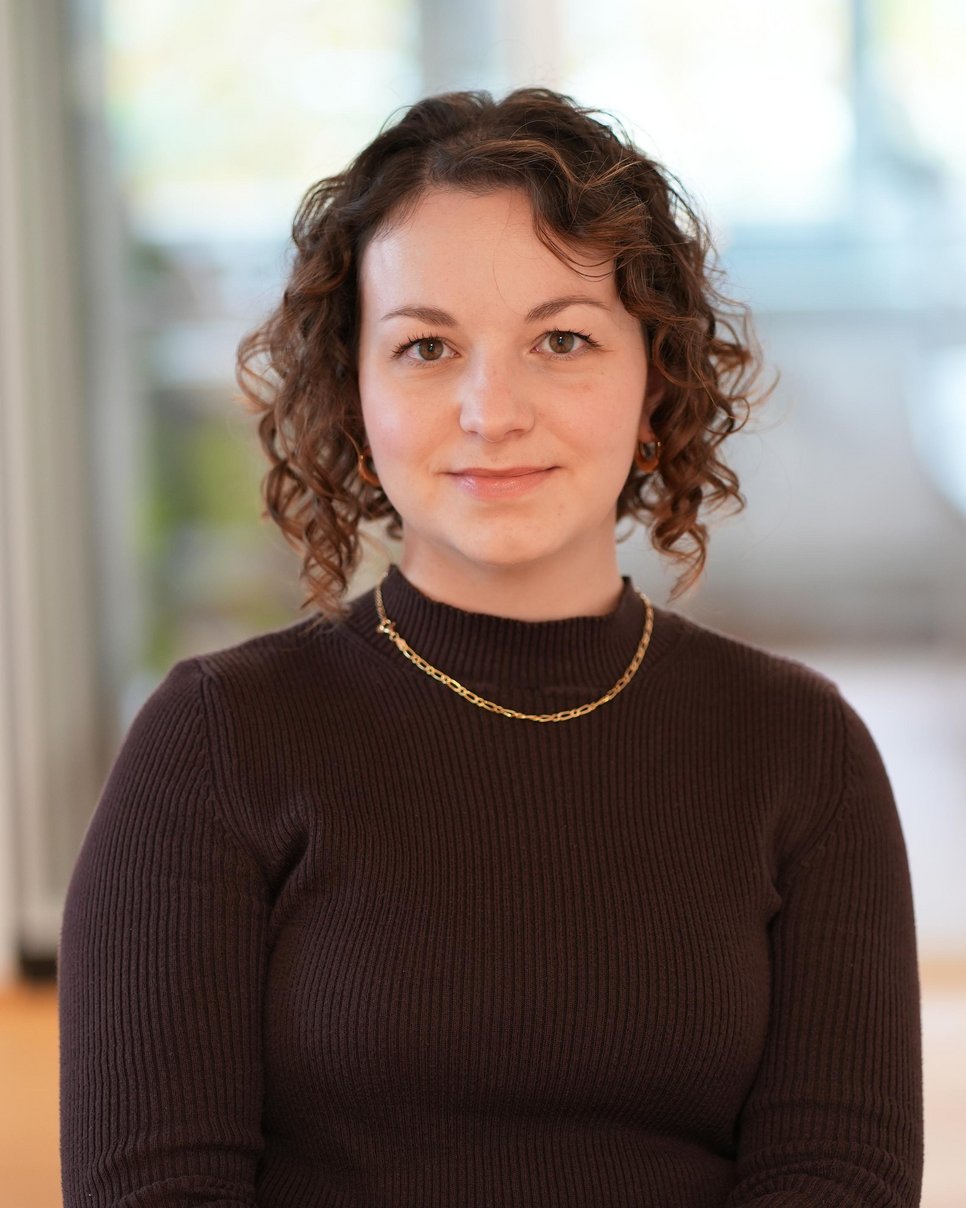
Jana Hofmann is a tenure-track faculty member at MPI-SP and leads the group for Foundations of Information Security and Trust. She develops techniques that create strong security and privacy guarantees in both hardware and software systems. Her recent work focuses on modelling, detecting, and preventing information leakage through microarchitectural side channels. Prior to joining MPI-SP, Jana was a postdoctoral researcher at Azure Research, Microsoft, where she worked on principled designs for side-channel protection. She completed her PhD at CISPA Helmholtz Center for Information Security and Saarland University. Her thesis received the university’s Dr.-Eduard-Martin prize for the best computer science dissertation of the year.
Thorsten Holz

Thorsten Holz is a Scientific Director at MPI-SP. His research spans the full breadth of systems security, including the analysis, modeling, design, implementation, and validation of complex systems. In recent years, his work has focused on the systematic identification and mitigation of security vulnerabilities. Thorsten's research has been recognized with several awards, including the Heinz Maier-Leibnitz Prize from the DFG in 2011, an ERC Starting Grant in 2014, and an ERC Consolidator Grant in 2022. From 2019 to 2021, he served as co-spokesperson of the Cluster of Excellence CASA - Cyber Security in the Age of Large-Scale Adversaries. He received his Ph.D. in Computer Science from the University of Mannheim in 2009 and holds a diploma in Computer Science from RWTH Aachen University.
Cătălin Hrițcu
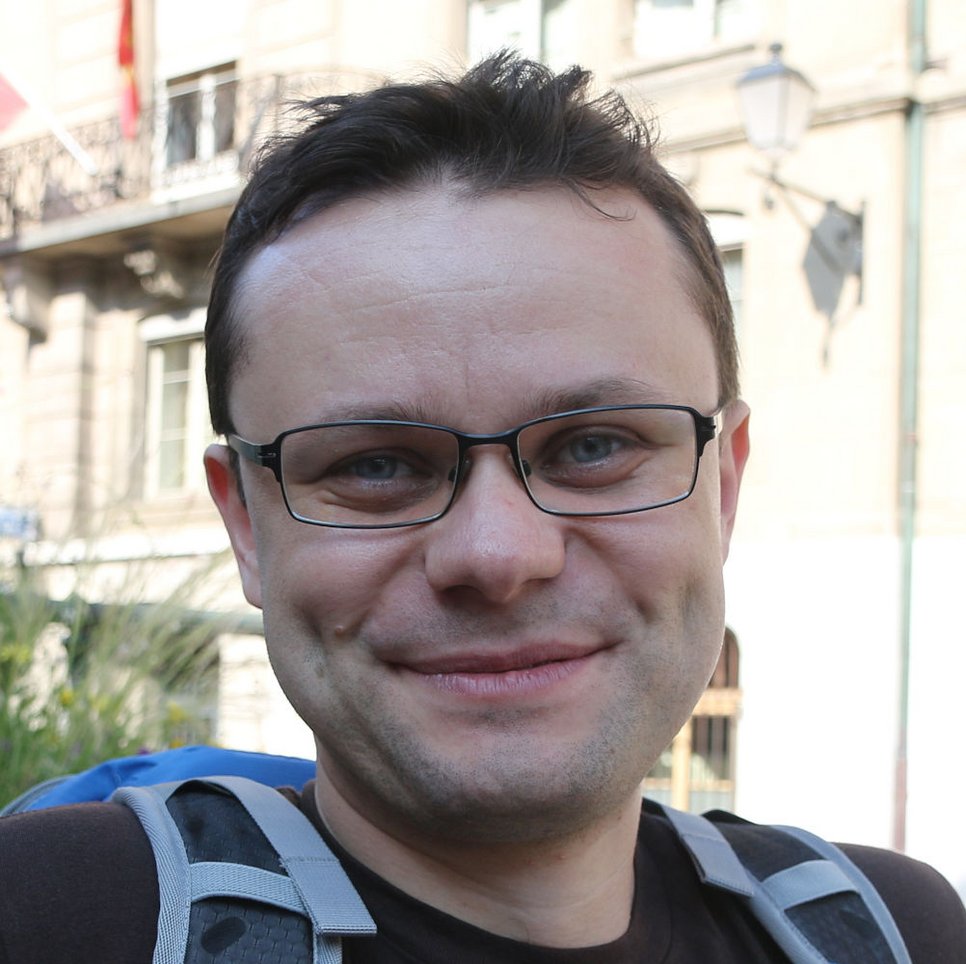
Cătălin Hrițcu is a tenured faculty at MPI-SP and head of the Formally Verified Security group. He is interested in formal methods for security (secure compilation, compartmentalization, memory safety, security protocols, information flow), programming languages (program verification, proof assistants, dependent types, formal semantics, mechanized metatheory, property-based testing), and the design and verification of security-critical systems (reference monitors, secure compilation chains, tagged architectures). He was awarded an ERC Starting Grant on formally secure compilation, and is also actively involved in the design of the F* verification system. He received a PhD from Saarland University, a Habilitation from ENS Paris, and was previously Tenured Researcher at Inria Paris, Postdoctoral Research Associate at University of Pennsylvania, and Visiting Researcher at Microsoft Research Redmond.
Christof Paar
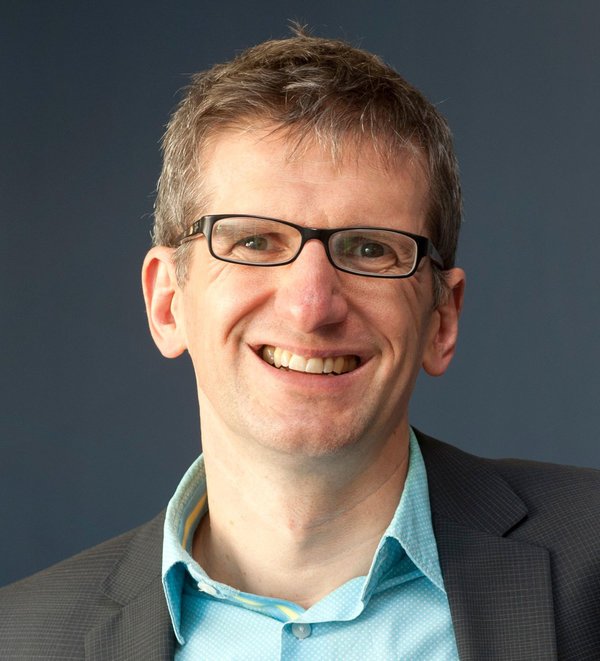
Christof Paar is a founding director at MPI-SP in Bochum, Germany and affiliated professor at the University of Massachusetts Amherst. His research lies in the area of embedded security. His group is currently working on hardware Trojans, technical and cognitive aspects of (hardware) reverse engineering, physical layer security and the security of cyber-physical systems. He is one of the spokespersons of the Excellence Cluster CASA - Cyber Security in the Age of Large-Scale Adversaries. Prior to joining the MPI, Christof was with the Ruhr University Bochum (2001-2019) and WPI in Massachusetts (1995-2001). He spent the academic years 2008/09 and 2014 - 2016 as a research professor at UMass Amherst. He received a Ph.D. in engineering from the Institute for Experimental Mathematics at the University of Essen in 1994.
Peter Schwabe

Peter Schwabe is a scientific director at MPI-SP and also a professor at the Institute for Computing and Information Sciences at Radboud University, Nijmegen, The Netherlands. His research is in the area of cryptography, specifically the design and secure implementation of cryptographic primitives. In recent years he is mainly working on post-quantum cryptography, i.e., cryptographic primitives that run on standard hardware, but remain secure even against attackers equipped with a large universal quantum computer. He was awarded an ERC Starting Grant for this work on engineering post-quantum cryptography. Peter is interested in high-assurance cryptography, an area that brings together techniques and tools from formal methods and research into cryptographic software to improve the quality of cryptographic systems we use every day to protect our digital assets.
Carmela Troncoso
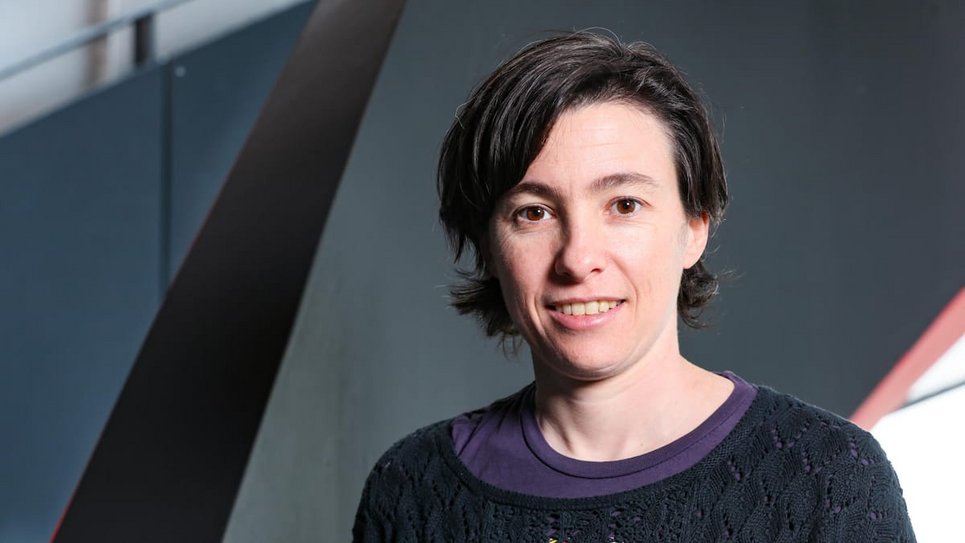
Carmela Troncoso is a scientific director at MPI-SP, an associate professor of computer science at EPFL, and the head of the SPRING Lab. Her work focuses on building and deploying secure and privacy-preserving systems that minimize societal harms; and on critically analyzing technologies with respect to the protection they provide to social values. She received her PhD from KU Leuven in 2011. Her work on privacy has received multiple awards, including the CNIL-INRIA Privacy Protection Award in 2017 and she has been named 40 under 40 in technology by Fortune in 2020.
Yixin Zou

Yixin Zou is a tenure-track faculty member at the Max Planck Institute for Security and Privacy, where she leads the human-centered security and privacy group. Her research interests span human-computer interaction, privacy, and security, aiming to make technology safer and more equitable for underserved communities. Her research has been recognized with the ACM SIGCHI Outstanding Dissertation Award (2024), the John Karat Usable Privacy and Security Student Research Award (2022), and several best paper and honorable mention awards at top venues such as ACM CHI and USENIX SOUPS. Her research has also generated broader impacts on public policy, including the rule-making process for the California Consumer Privacy Act. She earned a Ph.D. in Information from the University of Michigan in 2022.
Research Group Leaders
Abraham Mhaidli
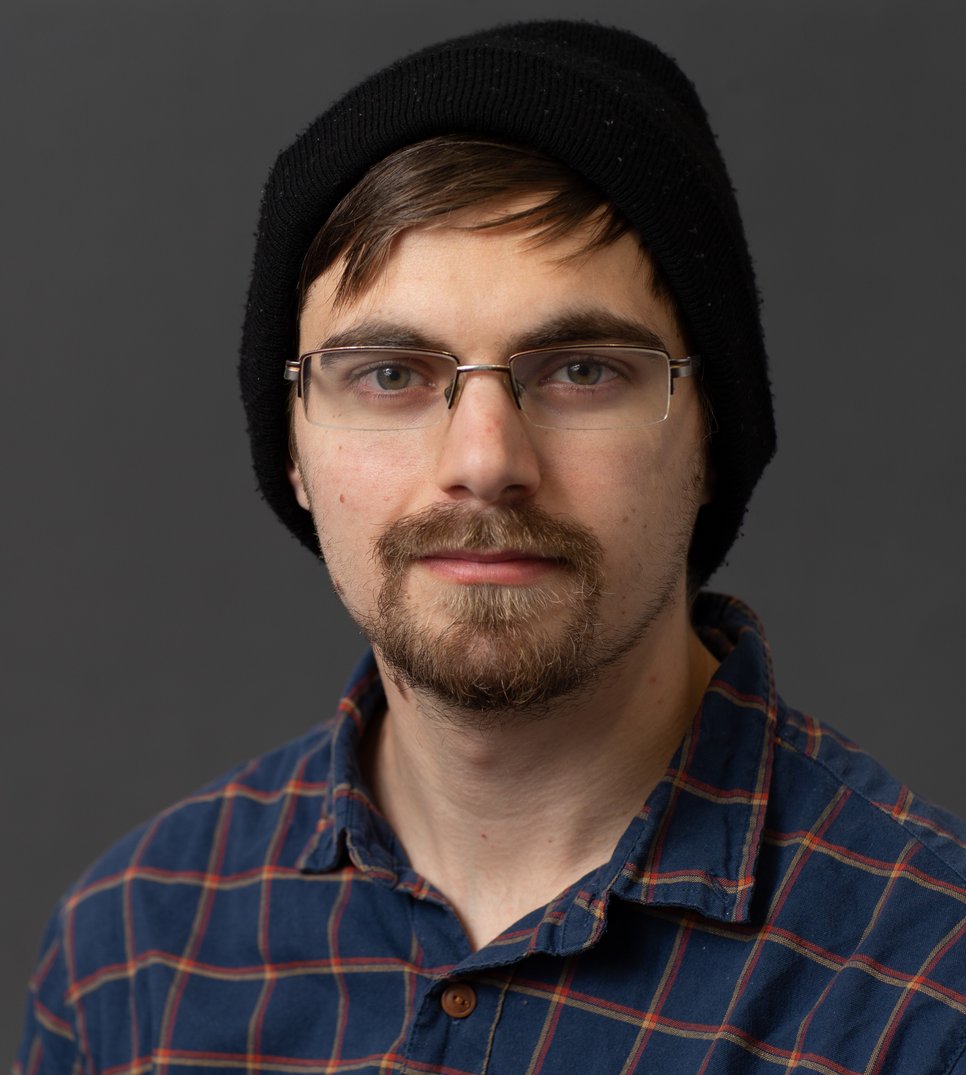
Abraham Mhaidli is a Research Group Leader at MPI-SP. His research interrogates the harms of current and emerging technologies, asking: (1) what are the ethical, consumer, and societal harms of technologies; (2) how can they be designed so as to not cause harm; and (3) what are techniques we can use to better understand the technologies and harms that are to come. Abraham's work has been recognized by best paper awards and honorable mention at CHI, PETS, and SOUPS.
Abraham completed his PhD in Information at the University of Michigan in 2023.
Tamalika Mukherjee

Tamalika Mukherjee is a Research Group Leader at MPI-SP, leading the Privacy and AI Lab (PrivAIL). Her research focuses on data privacy, with foundations in theoretical computer science and applications to societal challenges. She designs differentially private algorithms for streaming and graph-structured data, and examines privacy implications in AI systems and machine learning applications. She also conducts interdisciplinary research on social, legal, and policy aspects of privacy technologies. Previously, she was a Postdoctoral Research Scientist at Columbia University and holds a Ph.D. in Computer Science from Purdue University, where she was awarded the Bilsland Dissertation Fellowship. During her doctoral studies, she was a Student Researcher at Google Research and a Research Intern at Analog Devices.
Clara Schneidewind
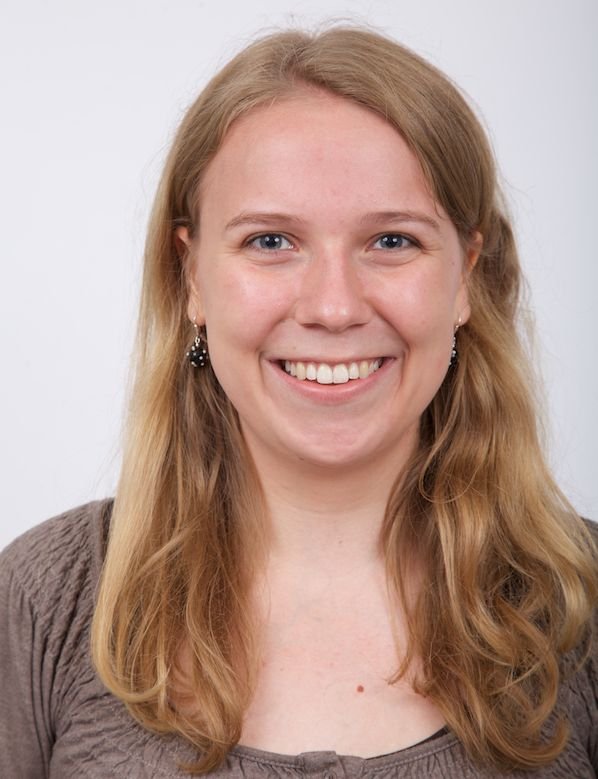
Clara completed her PhD at the Technical University of Vienna in 2021. In spring 2019, she was a visiting scholar at the University of Pennsylvania.
Max Planck Fellows
Eike Kiltz
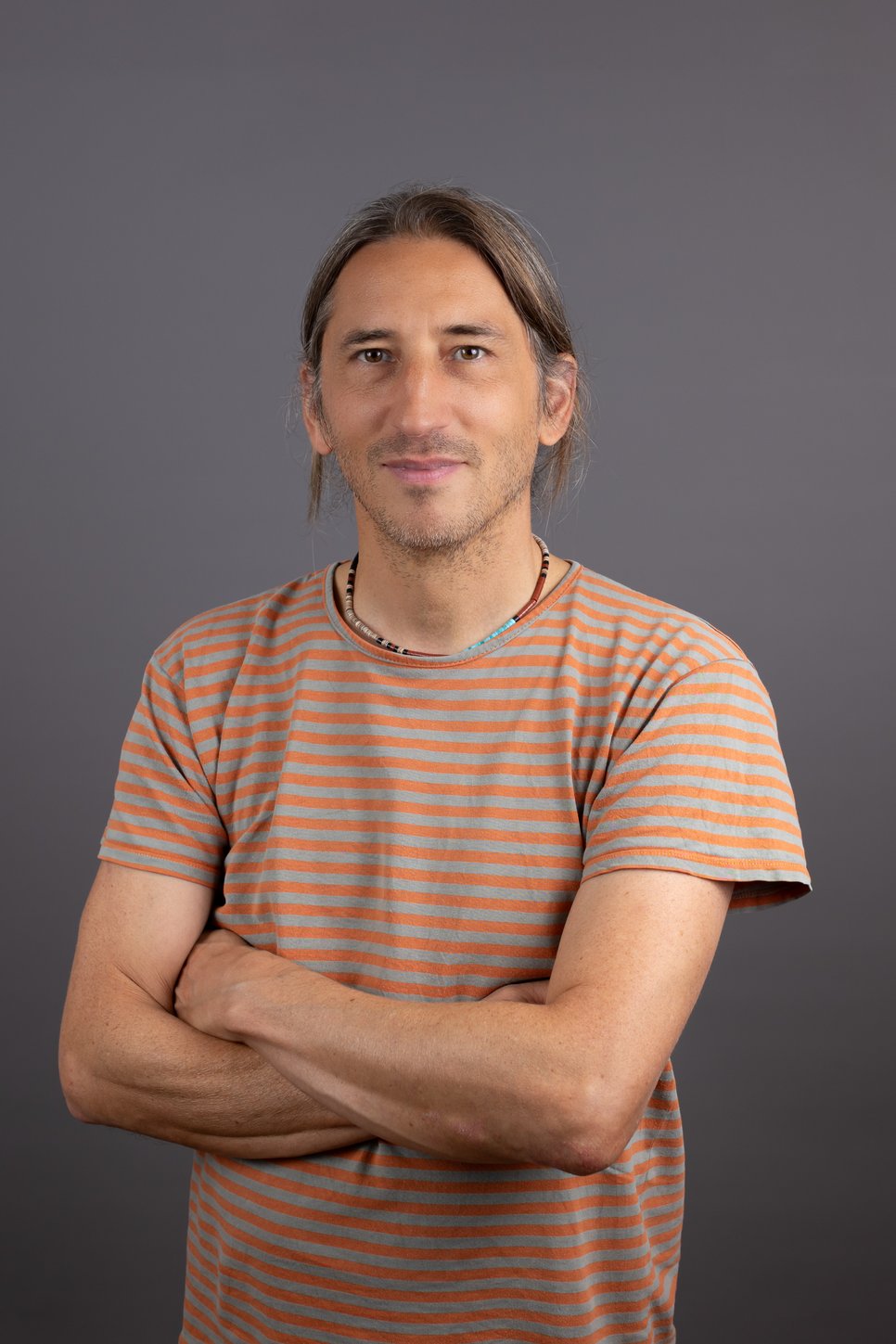
Eike Kiltz is a Max Planck Fellow at MPI-SP. His research group aims to conduct basic cryptographic research with practical relevance. Kiltz obtained his doctorate in mathematics from Ruhr University Bochum in 2004. Following this, he spent a year as a postdoctoral researcher at the University of California, San Diego. He then joined the Centrum Wiskunde & Informatica in Amsterdam as a research assistant before returning to Ruhr University Bochum in 2010. Currently, he serves as the Chair of Cryptography and is one of the spokespersons for the Cluster of Excellence “Cyber Security in the Age of Large-Scale Adversaries" (CASA). His research has been supported by prestigious grants, including the Sofja Kovalevskaja Award 2010, an ERC Consolidator Grant in 2013, and an ERC Advanced Grant in 2021. In 2024, he was awarded the Gottfried Wilhelm Leibniz Prize.
Adjunct Faculty Members
Giulio Malavolta

Giulio Malavolta is an adjunct faculty member at MPI-SP. He is broadly interested in the theory of cryptography and its connections with quantum computation, concurrent systems, cryptocurrencies, and game theory. His recent work focuses on constructing cryptographic schemes with advanced functionalities and finding new applications to real-life systems.
Giulio was previously a postdoc with a joint appointment at UC Berkeley and Carnegie Mellon University. In fall 2019, he was a research fellow at the Simons Institute for the Theory of Computing. He completed his Ph.D. in 2019 at Friedrich-Alexander University.
Yuval Yarom

Yuval Yarom is an adjunct faculty member at MPI-SP and Professor for Computer Security at the Ruhr University Bochum. His research focuses on the interface between the software and the hardware. In particular, he is interested in the discrepancy between the way that programmers think about software execution and the concrete execution in modern processors. He is a recipient of a 2020 ARC Discovery Early Career Award and the 2020 CORE Chris Wallace Award for Outstanding Research, a 2020 Young Tall Poppy. His research has won multiple best paper awards at PLDI 2023, IEEE SP 2019, EuroSys 2019, ApSys 2018, and best student paper award at ICEIS 2020. Previously, he has been an Associate Professor at the University of Adelaide, the Vice President of Research in Memco Software, and a co-founder and Chief Technology Officer of Girafa.com.
